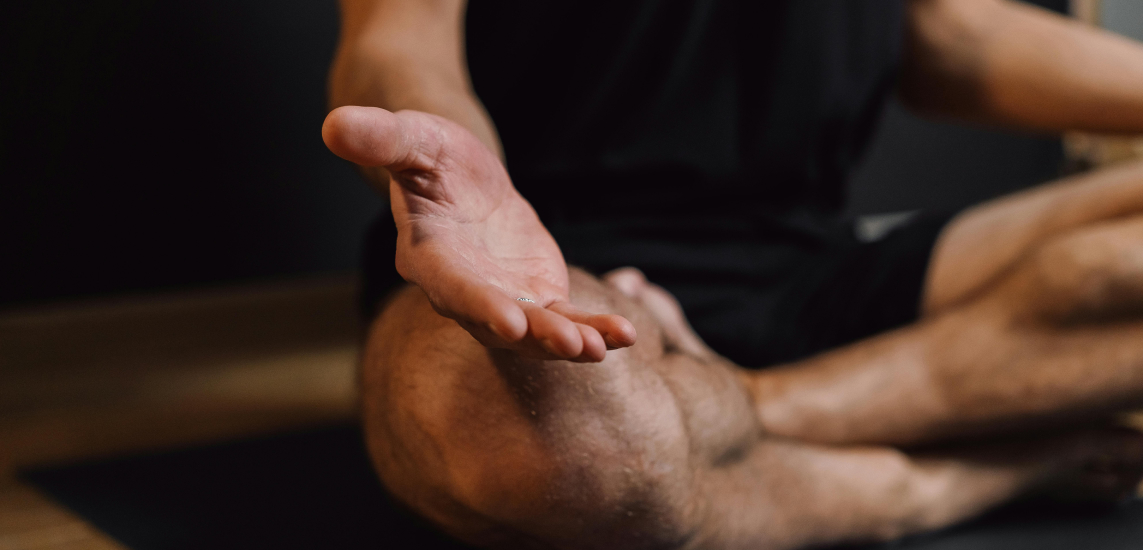As you can expect, mindfully washing your hands involves intentionality and curiosity. But the focus of your attention is not just the movement itself, how you are rubbing your hands, for instance. I suggest that you also focus on how you are handling the hand-washing emotionally.
How To Work With Rising Impatience
It might very well be that, for you, the moment of washing your hands is a moment of spaciousness and ease and flow and relaxation. On the other hand, you might be feeling a sense of impatience: “Why do I have to do that?” You might also notice that you are forcing yourself to keep at it for the full 20 seconds.
If so, I would suggest you do not take this impatience as a problem, but as an entry point into a process of understanding yourself better. One of the most effective ways to know yourself better is to pay attention to areas where something is not working as it should.
In this case, you have every intention to be mindful. Plus, there are objective reasons why it is in your interest to be careful and pay attention to what you’re doing. And yet, you find it challenging to do so. You find yourself being impatient. You find yourself trying to override this impatience.
This situation presents an excellent opportunity to ask yourself what is happening, gently and compassionately. Certainly not: “What’s wrong with you for not being mindful when you should?”
What Is Your Internal Conflict?
When you allow for feelings to come up, you may get a glimpse of some degree of resentment inside. The sense of feeling forced to spend a full 20 seconds doing something that would feel more natural if you did it in five seconds or less. Maybe, a sense of coercion?
As you feel the whiff of resentment, you might then hear an internal voice that responds to this: “Look, it’s really for your own good that you’re washing hands carefully.”
Yes, it is for your own good. But a mindful attitude is not based on the principle that “the end justifies the means.” Mindfulness involves looking for how you can be in harmony with yourself. You do not give yourself a chance to get there when you force yourself to act against your gut feeling.
Read more: Explore the difference between mindfulness and meditation.
In this perspective, the discrepancy between what you should be doing and your resistance to do it is an invitation to understand yourself better.
So, mindfully washing your hands does not just involve paying attention to the movement of your hands. There is a lot that can potentially open up for you as you pay attention to the internal conflict.
Read more: Not just washing your hands can simply open the door to mindfulness. Mark Bertin explains how the gifts and benefits unfold with a first mindful breath.


-1.jpg)




